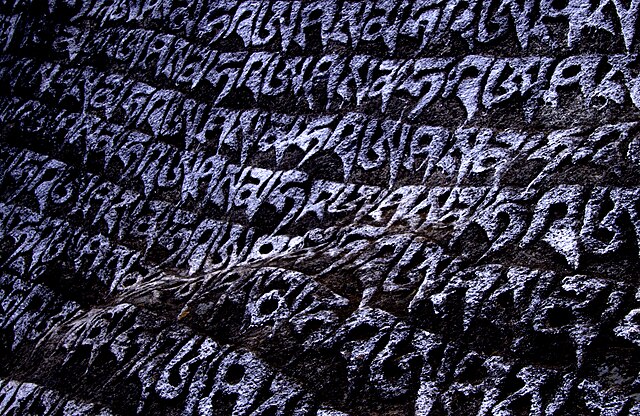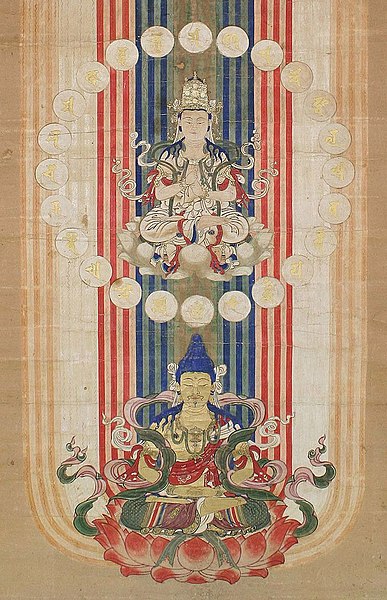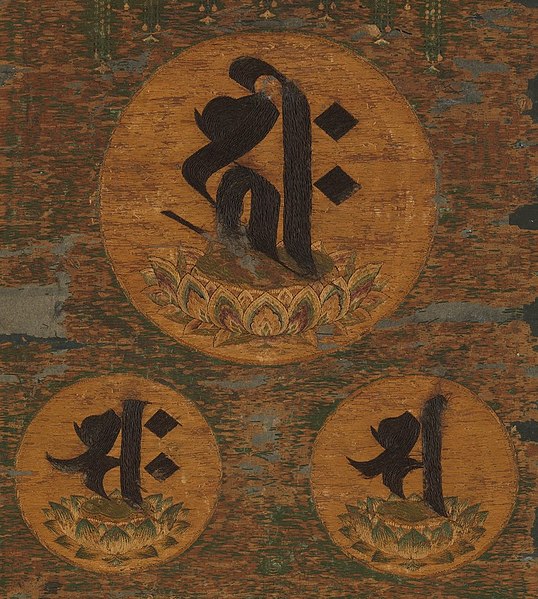Infinite photos and videos for every Wiki article ·
Find something interesting to watch in seconds
Rare Coins
Tallest Buildings
Celebrities
Best Campuses
Presidents
Richest US Counties
Crown Jewels
Great Artists
Largest Empires
Wars and Battles
Great Cities
History by Country
Countries of the World
Kings of France
British Monarchs
Wonders of Nature
Great Museums
Recovered Treasures
Largest Palaces
Orders and Medals
Ancient Marvels
Animals
Sports
Supercars
World Banknotes
Famous Castles
more top lists






